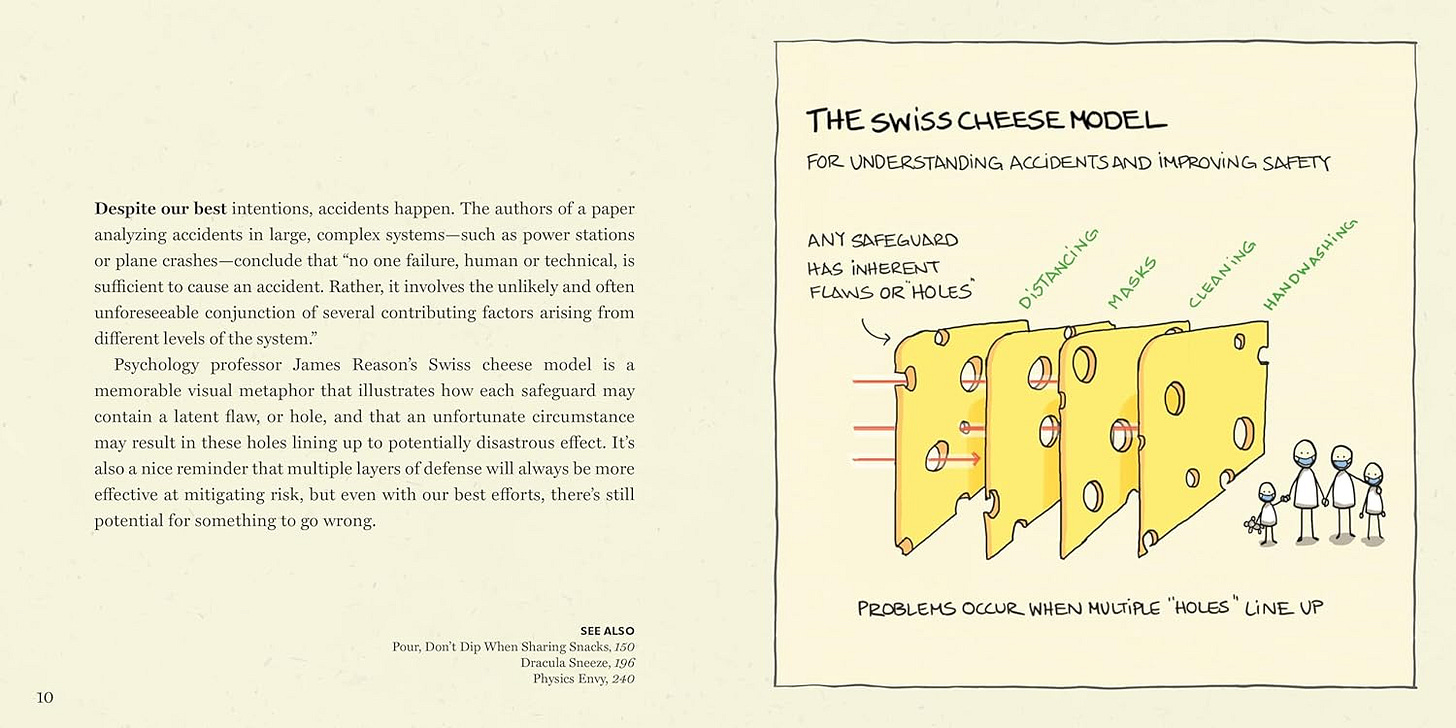Welcome to this week’s free article of Level Up: Your source for career growth solutions & community by retired Amazon Vice President, Ethan Evans. If you’d like to become a paid member, see the benefits here, and feel free to use this expense template to ask your manager.
How you are perceived at work is how you will be treated.
People will treat you based on what they think about you and your work.
I am not saying this is right, just that it is the way it is.
Example one: Being overly forceful
If your colleagues think you are overly direct or forceful in meetings, they will come prepared to push back when interacting with you.
This will create tension, and you will be more likely to be overly direct or forceful in response to the resistance.
Suddenly, you really are too forceful and they will continue to perceive you that way.
The cycle will repeat.
Example two: Always delivering things late
If your coworkers perceive you as someone who finishes things late, they will buffer time for your project expecting it to be late.
Since they are counting on it being late anyway, they will give you their part of the project late, assuming that it will not matter.
The result is that the project actually will be late, and people will continue to perceive you as someone who finishes things late.
The cycle will repeat.
These perceptions are self-reinforcing, so they take extra effort to correct.
When an incorrect perception of you or your work arises, address it without overreacting.
Be aware that your reputation is systematic.
Another thing to keep in mind is that the shallowest parts of your reputation will travel the farthest.
The people beyond your inner circle will accept what they hear about you without verifying its truth, meaning you must control your reputation from the start.
Do this by reflecting on your interactions and correcting course if you sense that something is off in how you are perceived.
And, equally important, keep this in mind as you consider the reputations of others.
We often hear or suspect something and we decide it is true without really investigating.
Try to be generous with others and do the work to learn if their reputation is accurate and deserved before you act on it.
Reader Q&A
Q1: How do you avoid the blame game cycle?
To avoid the blame game as much as possible (remember, the politics in all nations show that it is always possible to blame others), the best option is early communication and documentation.
Communicate plans and commitments early. Update with status clearly.
The best way to avoid the problem I laid out is do not get a reputation for being late, get a reputation for being on time.
Q2: How long do people usually take to build a perception about someone?
People form some kind of perception very quickly.
In interviews, it's in the first 60 seconds.
This is also why it is critical to set a good impression at a new company.
If ever there is a time I recommend considering extra effort, it is when you join a new company, to set the expectation that you are a top performer who is going places.
Q3: What are ways to correct the negative perception about you?
Changing perceptions is quite hard.
The science I read says that in part you must do this by going around the edges of the perception. That is, rather than trying to directly reverse the opinion at first, instead form positive opinions in a lot of adjacent areas.
The idea is, to get them thinking of you positively on a lot of things so that the one area of bad perception is an outlier... then flip it.
Q4: When one finds oneself at a crossroads between “getting things done and getting results” vs. “getting along with people”, which direction does your “leaders to become true executives” compass show?
I generally favored getting results.
That said, as my career went on I got better at going against what others wanted politely as opposed to "in your face, screw you, we're doing it my way."
So while there is tension between these, you can be in polite and professional disagreement rather than personal and angry disagreement. This essentially mitigates the damage.
That said, I was at a results-oriented place (Amazon).
Some companies would reward the other path. Which path is right is partly cultural.
Big Ideas, Little Pictures: Explaining the world one sketch at a time — Fireside chat and Q&A with Jono Hey (Author; Creator of Sketchplanations; Product & Design Leader)
"This is such a cool book. The range of Jono's knowledge is astounding, and so is his ability to digest complex ideas into deceptively simple drawings. You'll learn something on every page―and be entertained too."
― Bill Gates
Learn how product and design leader Jono takes complex ideas and turns them into simple-to-understand drawings.
Level Up Newsletter & Community paid members are invited to join us live (video recording will be shared on Ethan’s YouTube Channel).
Jono and Jason will discuss:
Dissecting specific pictures from the book.
How Jono decides what to visualize.
Jono's creative process.
Live audience Q&A.
Level Up Community: Inside Look
In Slack, what members are talking about and how they are helping one another:
Job postings:
Amazon SDE (Full-time, hybrid, San Luis Obispo California).
Weave Group Product Manager (Full-time, remote, India).
Virtual meetups / networking.
How to negotiate compensation for the next role?
Taking action.
Importance of being deliberately redundant in communication.
Common mistakes of first-time CTOs.
The challenger sale.
Amazon Leadership Principles explained by Andy Jassy.
FAANG Fire.
Playing Dungeons & Dragons online.
If you’d like to become a paid member, see the benefits here, and feel free to use this expense template to ask your manager.
Existing members, if you want to join our private Slack Community, click the Slack link in this member-only weekly Friday article.
Connect With Ethan & Jason
Level Up is your source for career growth solutions & community by retired Amazon Vice President, Ethan Evans.








This manifests in a positive way as well!
If you come prepared to the meetings, deliver projects on time with quality of your work allowing to push things through the door with easy, people will ALWAYS come your way to execute.
That will want you to lead.
That's exactly how perception dictates reality.